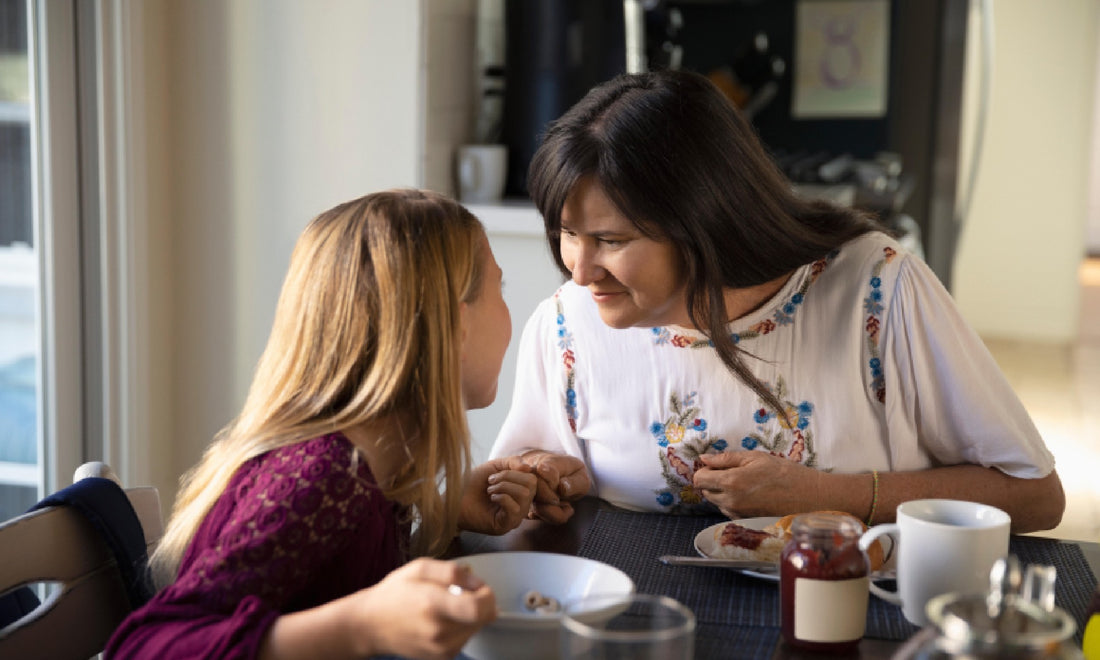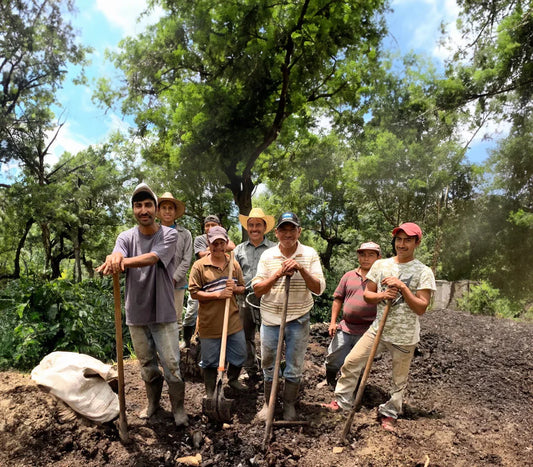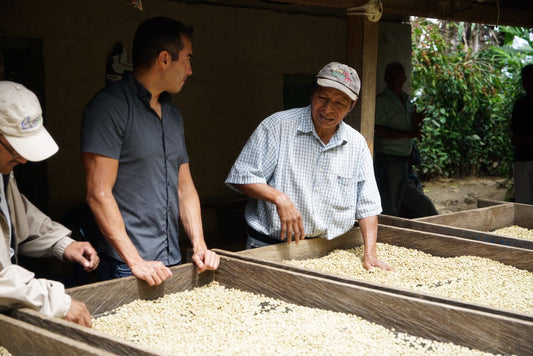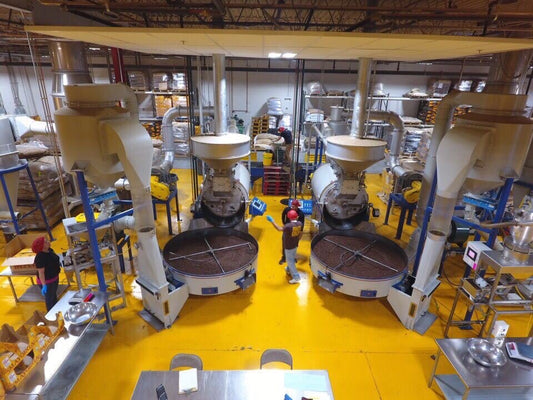
Café con Leche: The Unexpected Staple of Latin American Childhood
Just like abuela made it.
As retail centers and streets become more and more saturated with coffee shops looking to innovate with different syrups and milks and flavorings, one drink has stood the test of time: café con leche.
Its creaminess and sweetness are partly responsible. But, for most of us, it's the comfort and nostalgia that keeps us coming back for more.
"Growing up in a Cuban household means drinking coffee. A lot of coffee. And it means learning how to make coffee at an early age," writes Marta Darby, who was born in Havana.
"Café con leche – warm milk with coffee. That was our breakfast of choice when we were kids. Sometimes with hot, buttered Cuban bread. Let's just have a holy moment of silence here. Ay, Dios mío. Could there be a better way to start the day?"
For food blogger Silvia Martínez, when she takes a sip of a café con leche, she is transported back to her student days in Guanajuato, her university town in Mexico.
"My steps would actually quicken in anticipation as I approached Plaza de la Paz," she explains. "It was my weekly, standing date with my closest friends to have a café con leche and a chat, of course."
And in spite of the wave of milk-based coffees that have appeared over the years, from flat whites and cappuccinos to macchiatos and cortados, café con leche remains as popular as ever.

Abuela’s Coffee
Today, café con leche can be found in coffee shops around the world. But, for most of us, the way it was made by our families in our communities will always be best.
Marta says: "In the 90s, you had the green-logoed coffee houses (or 'Four-bucks' as we affectionately called them) popping up on every corner, and they were serving something they called "lattes" to caffeine-thirsty consumers for about $4 a serving.
"I remember reading the description and watching them make one: 'Hey! That's a café con leche! I’ve been drinking those since birth!'
"If you do the math, that's like over $100 a month spent for something that you can make for pennies at home! Besides, no one makes a café con leche better than a Cuban mami (or tía or abuela)."
Sonia Méndez García, an author at Hispanic Kitchen, shares a similar sentiment.
"As simple and as uncomplicated as the recipe for café con leche seems, it is one of my most cherished recipes to make," she writes. "I mean, who doesn't remember the first time their abuela let them have that first sip of coffee?"
"I will admit that the café con leche she would prepare for the kids was mostly milk, but it was the best coffee drink I have ever tasted. Nowadays, you would pay up to five dollars for a coffee drink similar to this at your local coffee bar. I always knew my abuela was ahead of her time. So very wise!"
For many of us, café con leche is about a moment; a connection. More than just a drink, it is about a shared heritage and community. This is highlighted by events celebrating café con leche, many of which are held during Hispanic Heritage Month at universities across the US.
Michael Vázquez, graduate assistant for the Office of Institutional Diversity and Inclusion, who runs some of the events explains that it is an opportunity for native Spanish and non-Spanish speakers to connect to and learn from one another over a cup of coffee.
"You learn a lot from these events and you learn a lot from the people as well," Michael says. "I think it's important to learn and to continue to learn about Latino culture. Stories tell a lot, and experiences tell a lot. It's easy to learn from a book but when you get to experience the story from students in their daily lives, it tells a lot."
While it can certainly help forge connections in later life, there's no replacing that innate ability to take us back to our childhoods.


